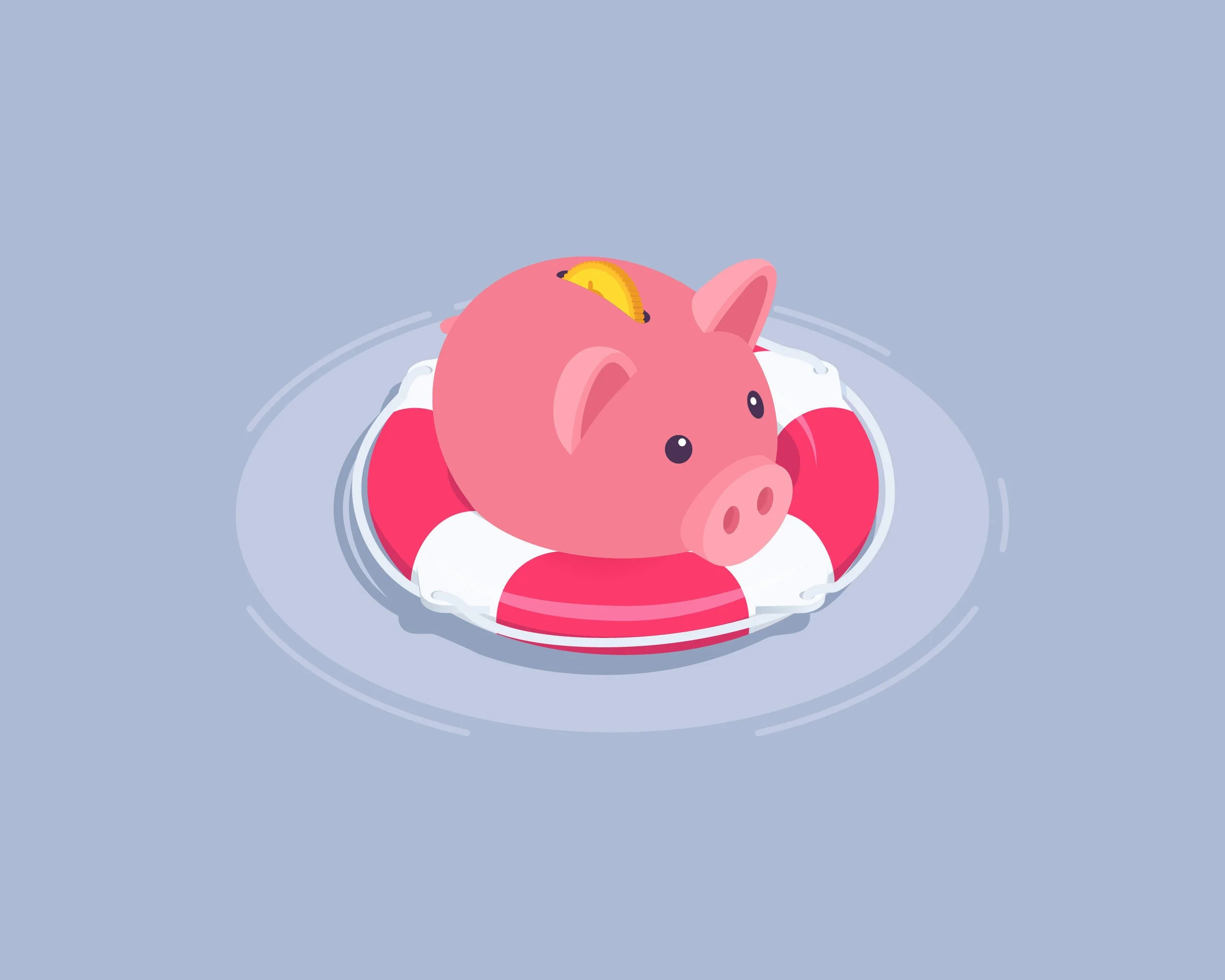This year, we are excited to give away a bunch of goodies to the fabulous people who subscribe to The Happy Saver. Thank you so much for your support throughout 2023. Nothing says CHRISTMAS like a book on good money management, some budgeting software or buying shares; am I right? Indeed, I am!
All in PocketSmith
Giving Frugality a Workout
I was recently writing about Mr. Money Mustache (MMM) for a future blog article on PocketSmith’s blog. One of their customers said they liked the ethos of MMM, but they were still determining if they could get on board with the frugal lengths he goes to save money. They got the point that the more you invest, the greater your future opportunities are, but they were not yet prepared to sacrifice now to make it happen. No sooner had I finished my article than the perfect example of frugality in action landed on my doorstep. That’s what I want to share today.
Easily Track Your Net Worth
One of the critical behaviours that financially independent Kiwis have in common is that they track their net worth monthly. I’ve “properly” tracked the net worth of my whānau since 2015. I’ve watched it grow from $650,000 to $1,400,000. Tracking my family's net worth has been the most helpful tool in determining whether all the mahi I’m putting into my family's finances is paying off. I want you to track your net worth each month, and this blog post intends to show you how. Like all of my financial behaviours, I keep things relatively basic.
How have YOU improved your financial situation?
In my last blog post, where I was giving away a bunch of books on personal finance, I gave you two ways to enter. You could either just click enter and get on with your day, or you could take a moment to answer my wide-open question, “Tell me in 100 words or less how you have improved your financial situation”. I honestly thought most people would just enter to win the books without taking the time to write a response. Gosh, was I wrong! My inbox quickly filled up with over 260 fantastic responses, and I’m sharing all of them below. Yep, all of them.
Paying in advance is a far more relaxing way to travel!
I wanted to share the exact costs of a holiday we took in January of this year when we went to Australia and took our first-ever cruise. I went in hugely sceptical of cruising, but I absolutely loved it. We holiday differently from some: Our holiday is fully paid for before we leave. Paying in advance is a far more relaxing way to travel, indeed, the ONLY way to travel, in my opinion.
The Power of an Emergency Fund in a Crisis
As I became aware of the weather event slowly unfolding in the upper North Island and, over the days that followed, the scale and breadth of the carnage it caused, it took me right back to the Canterbury Earthquakes and our experiences of coping with a natural disaster. Since the beginning of The Happy Saver, I’ve talked about Emergency Funds, and I’m not letting up. Although they are fantastic for solving minor money problems, they are even better for giving you strength when the absolute worst happens. An emergency fund comes into its own in a real crisis.
2022 Review & Net Worth Update
I’m about to share my 2022 numbers with you. The primary reason is so that you have someone to benchmark against. Because of my blog, I’m lucky that I’m regularly conversing with people interested in discussing personal finances. Those conversations also helped me learn what Jonny and I could improve. Chances are that very few of you have friends and family willing to share their experiences with money to help you learn. Therefore, I’m happy to share ours. Please don’t judge me and my financial position; it’s just information. Use it how you will.
How to Take a Year Off and Not Starve
This week, there is intense talk about Jonny's career in our home. It has been a topic of discussion for some time now, but things are hotting up! I am encouraging him to make 2023 a “work optional” year. This blog post is not just about Jonny, though, I have a close friend contemplating the same thing, and I’ve spoken with many people of various ages and stages of life on my Phone A Friend calls who are considering a grown-up gap year too.
Pan(dem)ic Investing!
Do you like my dramatic title? Does it make you nervous? Don’t be. This week I was given the ultimate compliment. Someone said, “I like hearing what you have to say, Ruth. You have common sense”. It seems to me that every investment provider is telling me not to panic at the moment. Common sense tells me there is no need to; volatile times come and go, but hearing it so often repeated gives my common-sense approach a run for its money and makes me wonder if I should be concerned?









